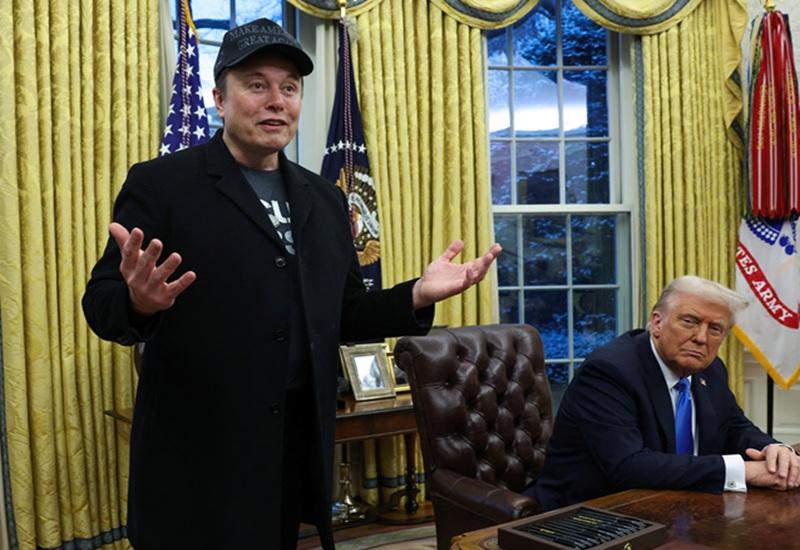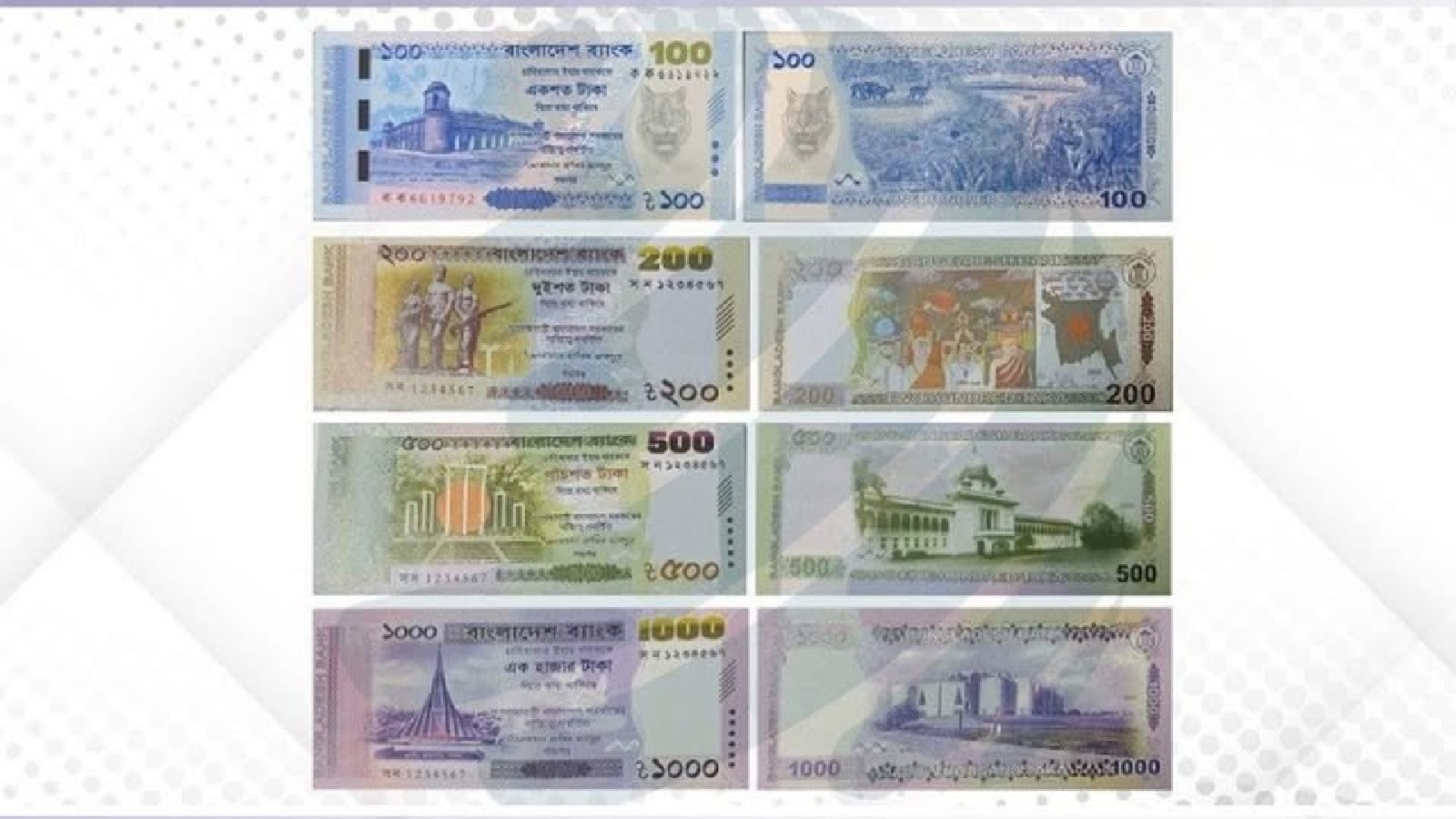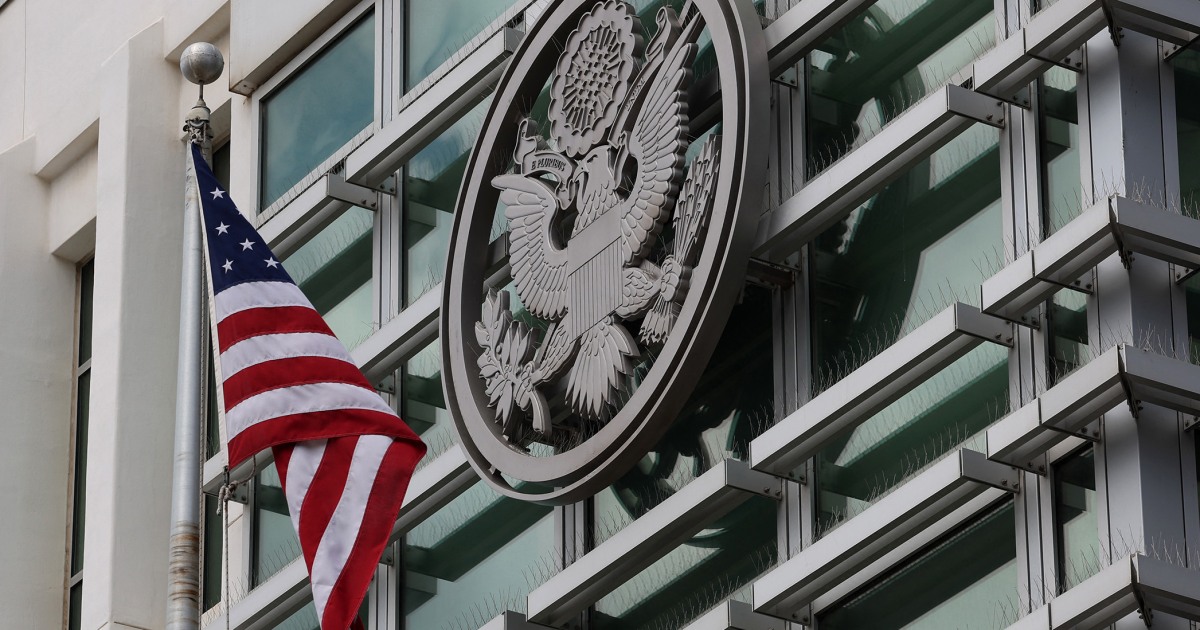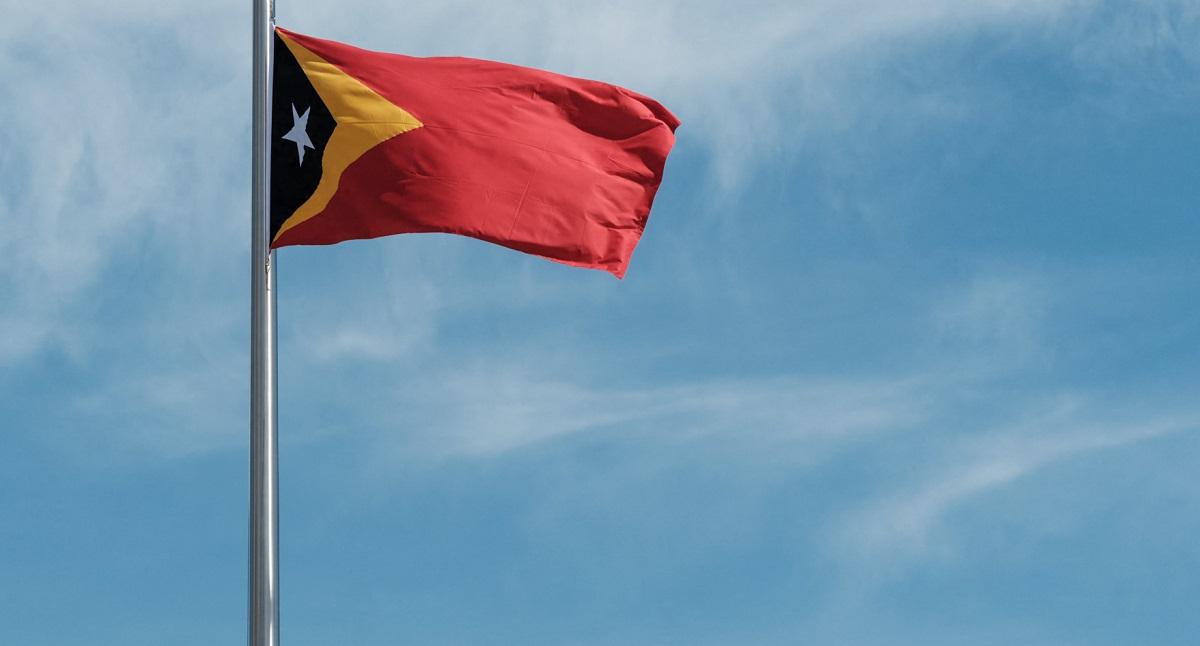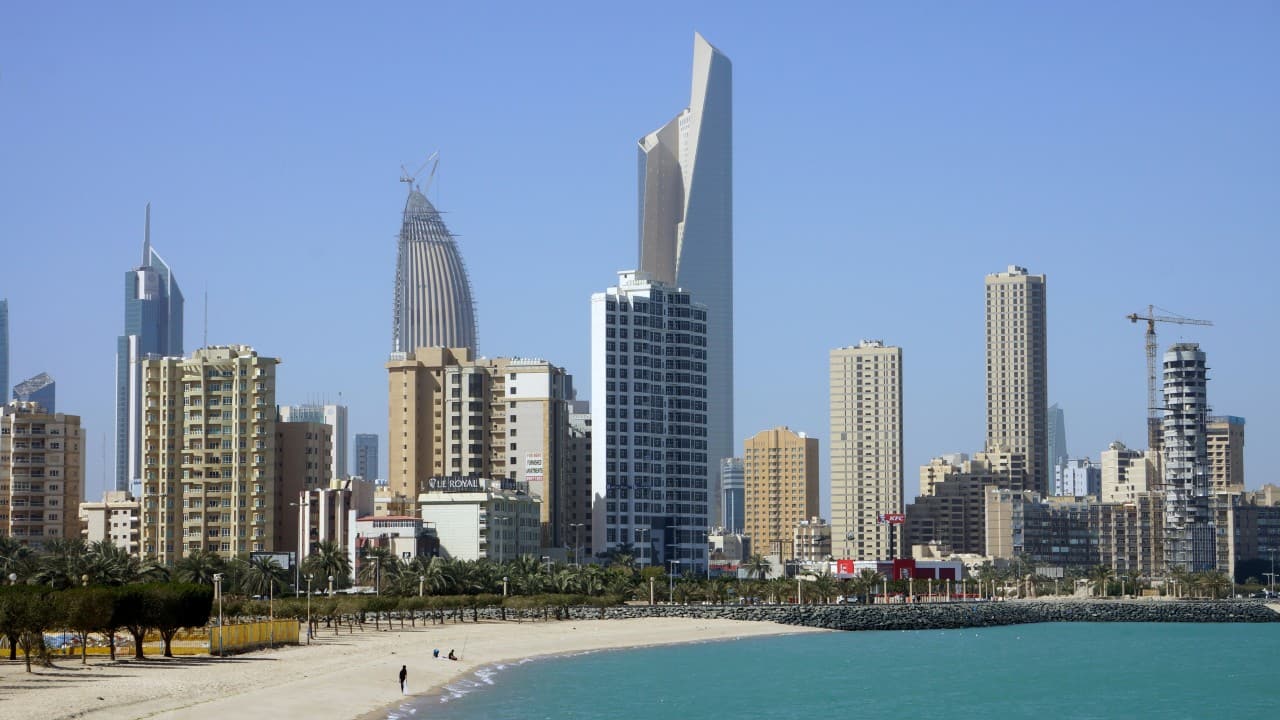President Ferdinand R. Marcos Jr. Heads to ASEAN Summit in Malaysia Amid Trade Tensions

MANILA – In a significant diplomatic move, President Ferdinand R. Marcos Jr. departed for Kuala Lumpur, Malaysia, on Sunday to participate in the highly anticipated 46th ASEAN Summit. This summit has gained particular prominence due to the agenda focused on formulating a unified response to the recent tariffs imposed by the United States.
Before embarking on his flight from Villamor Air Base in Pasay City, President Marcos shared with the media that preliminary discussions among ASEAN leaders had already commenced. This marks a noteworthy evolution in the economic strategy of the ASEAN bloc, especially against the backdrop of escalating global trade tensions, which have been heightened by the latest tariff measures from the U.S.
“I will add to that list of issues the discussions which we will continue, as we have already had preliminary discussions with the Chair of ASEAN, Malaysia, specifically PM Anwar on the proper response of ASEAN as a group towards the new tariff schedule being imposed by the United States,” Marcos explained. He emphasized the necessity of these discussions, acknowledging that a coherent response from ASEAN is crucial given the diversity of trade dynamics within the member states.
While ASEAN is composed of nations with varying economic dependencies and challenges, President Marcos stressed the importance of finding common ground. “We must find a way to reach consensus among the disparate situations the different member states are operating under,” he stated, reflecting on the complexities of trade policy within the region.
The urgency surrounding trade discussions adds a new layer of significance to the high-level meetings, which were initially geared towards the broader themes of inclusivity and sustainability. Beyond trade concerns, President Marcos reiterated the Philippines’ commitment to leveraging ASEAN’s central role in tackling pressing regional issues. These include ongoing tensions in the South China Sea, the humanitarian crisis in Myanmar, and the governance of emerging technologies such as artificial intelligence (AI).
He highlighted the importance of establishing a regional framework for ethical and responsible AI, emphasizing that such efforts should be rooted in shared ASEAN values. “At this Summit, I will join fellow ASEAN Leaders in reaffirming our commitment to ASEAN Centrality as we navigate pressing regional and global challenges, including developments in the South China Sea, the situation in Myanmar, threats to regional peace and maritime security, as well as the far-reaching impacts of climate change, economic volatility, and digital disruption,” Marcos stated.
The Philippines’ proactive approach also includes the development of a common regional framework for AI that aligns with the ethical standards and values of ASEAN. This initiative underscores the Philippines' intent to take a leadership role in shaping the future of technology governance in the region.
According to a statement from the Department of Foreign Affairs, President Marcos is scheduled to participate in both Plenary and Retreat sessions during the summit. Additionally, he will engage with various stakeholders, including ASEAN parliamentarians, youth, and business leaders. One of the significant highlights of the summit will be the signing of the Kuala Lumpur Declaration on ASEAN 2045, which outlines the bloc's vision for future regional cooperation.
In addition to the summit's main agenda, Marcos will chair the 16th Brunei-Indonesia-Malaysia-Philippines East ASEAN Growth Area (BIMP-EAGA) Summit and attend the ASEAN-GCC and ASEAN-GCC-China Summits. There are also prospects for bilateral discussions with leaders from Laos, Kuwait, and Vietnam on the sidelines of the event.
During President Marcos’ absence from the Philippines, Executive Secretary Lucas Bersamin will lead the government’s caretaker committee, supported by Justice Secretary Jesus Crispin Remulla and Agrarian Reform Secretary Conrad Estrella III.













